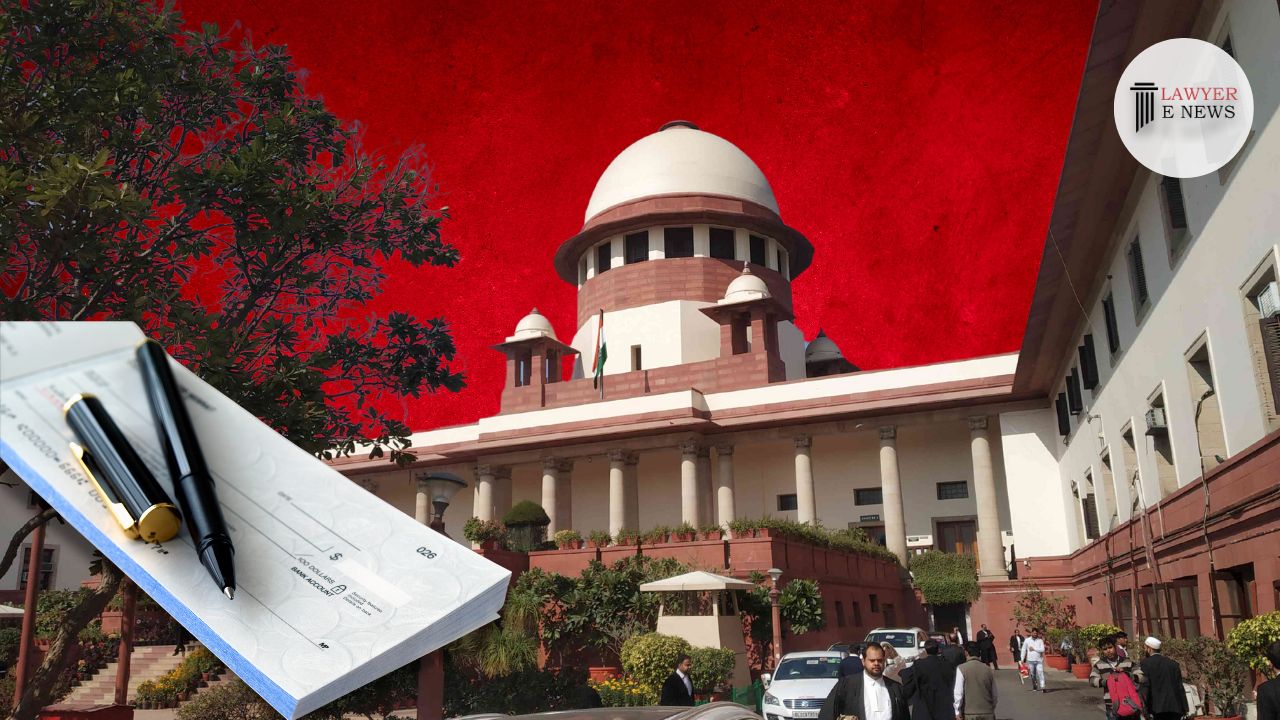-
by sayum
14 February 2026 2:22 PM



The Supreme Court, while dismissing the recent appeal in a murder case (ROOPWANTI Vs. STATE OF HARYANA AND ORS D.D. 24 Feb 2023) noted that an additional layer of protection is granted to an accused in cases where they have already been acquitted.
The Supreme Court has dismissed an appeal filed by a woman seeking the reversal of the acquittal of five men who were accused of attacking and killing her son in 2009.
According to the facts relevant to the case, the respondents had attacked the deceased on December 22, 2009, in furtherance of their common intention. The deceased was then taken to a hospital where he later died the next day on December 23, 2009. An FIR was lodged against the respondents under Sections 148,149,323,324,307,302 and 506 of the IPC at Police Station Karnal City, and the police began the investigation.
After the investigation, a final report was presented in court, and the case was committed to the competent court for trial. The respondents were charge-sheeted, and after the appraisal of evidence, the trial judge found the case of the prosecution to be doubtful, resulting in the acquittal of all the accused.
The appellant, who was the mother of the deceased, aggrieved by the order of the trial court, filed a criminal appeal. However, the High Court dismissed the appeal on the grounds that the judgment of acquittal passed by the trial court was based on proper appreciation of evidence and facts and that there was no error.
The Supreme Court, in its reasoning for acquitting the respondents, noted that none of the eyewitnesses were able to support the case of the prosecution. The court also observed that the presence of the appellant at the crime scene was not proven, and since she was an interested witness, her evidence was unreliable. The Forensic Science Laboratory report also did not establish a direct link between the weapons recovered and the blood of the deceased.
The Supreme Court, while dismissing the appeal, noted that an additional layer of protection is granted to an accused in cases where they have already been acquitted. The court found no reason to interfere with the decision of the trial court and the High Court and therefore dismissed the appeal.
ROOPWANTI Vs. STATE OF HARYANA AND ORS
